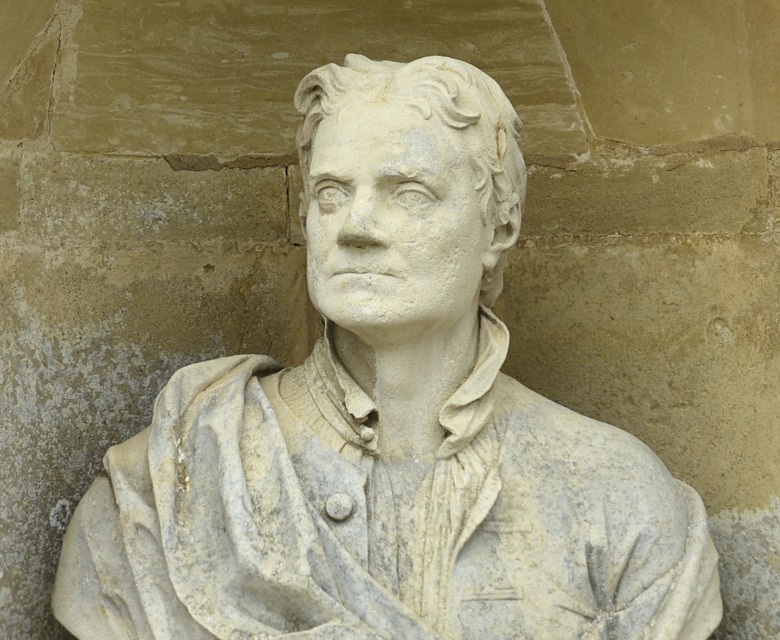What Is Thermodynamics?
Thermodynamics is a physics specialty devoted to the study of energy within large systems. More specifically, thermodynamics explains the relationship between a system's kinetic and potential energy to the amount of heat and work the system can produce. Over the years, engineers and mathematicians, including Isaac Newton and James Joule, have developed three universal principles of thermodynamics. These are known as the laws of thermodynamics.
The "Zeroth" Law
The "Zeroth" Law
The awkwardly named "zeroth" law of thermodynamics establishes the principle of thermodynamic equilibrium. This describes the tendency of the energy within a system to spread out evenly throughout the system. If you heat a pot of water, for example, all the water in the pot will eventually rise to a uniform temperature even though you only applied heat to the bottom of the pot.
The First Law
The First Law
The first law of thermodynamics, or the law of conservation of energy, explains that energy within a system cannot be created or destroyed. In any system, the total energy of the system, as defined by the kinetic and potential energy contained in the system, is always equal to the amount of work done by the system subtracted from the amount of heat added to the system. This law explains why you have to keep adding gas to your car in order to drive farther. Your car converts the potential energy stored in gasoline into heat and work.
The Second Law
The Second Law
The second law of thermodynamics constrains the transfer of energy within a system. According to the law, it is impossible to transfer 100 percent of the available energy from one part of the system to another. The tendency to lose energy is known as entropy. In the case of car engines, for example, no matter how efficient the design, some portion of the potential energy in gasoline will be wasted in the combustion process due to entropy. This law also explains why perpetual motion machines are physically impossible.
Cite This Article
MLA
Robinson, Nick. "What Is Thermodynamics?" sciencing.com, https://www.sciencing.com/thermodynamics-6571509/. 24 April 2017.
APA
Robinson, Nick. (2017, April 24). What Is Thermodynamics?. sciencing.com. Retrieved from https://www.sciencing.com/thermodynamics-6571509/
Chicago
Robinson, Nick. What Is Thermodynamics? last modified March 24, 2022. https://www.sciencing.com/thermodynamics-6571509/
